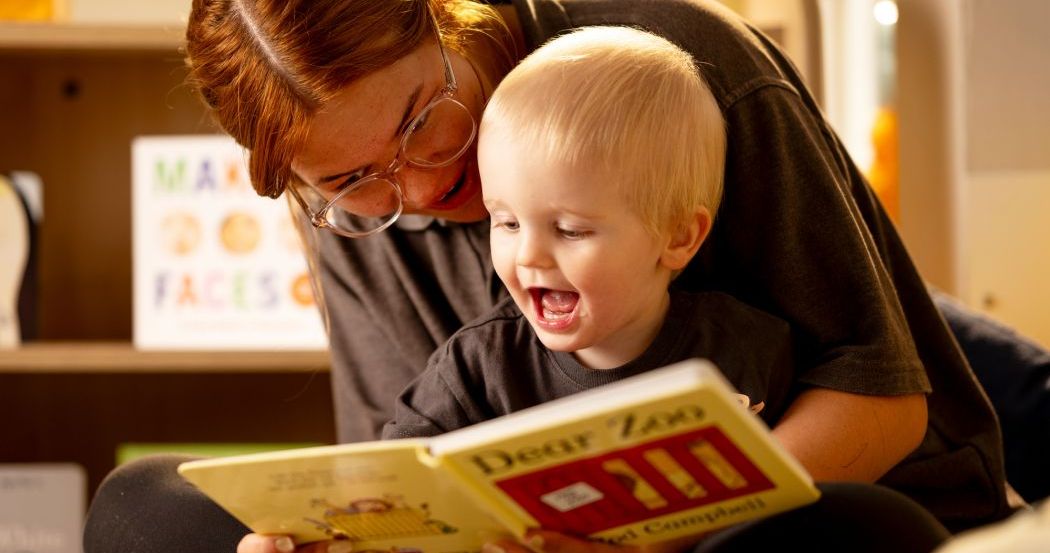min read
min read
min read
min read
Research shows that children learn best when there is a mixture of child-initiated play, actively supported by adults and focused learning, with adults guiding the learning through playful experiences.
Play can happen inside or outside. It can take place at any time of the day and be alongside others or something your child chooses to do on their own. Children have a natural desire to play and are primed from birth to explore and discover through play.
Read our latest blog to find out the benefits of play and our top five tips for supporting play at home.
There are many benefits of play for children’s learning and development, including:

Children learn best when they are interested, so using their own interests is a natural starting point. Think about what engages your child the most and join in with them as they play.
Even better... find something that interests you both! Perhaps you love to spend time in the garden; you could set up a small digging area for your child to use or plant some seeds together. If you are a football fan, why not play ball games with your child? You could share facts about your favourite team or help your child design their own football shirt. Share your interest with your child and have fun playing together.
Commenting on child's play is a great way for them to hear language used in context that will help their understanding. This is especially useful if your child is not yet using words or has a limited vocabulary. For example, if they were playing with their cars, you could describe what they are doing "Your red car is going around the track, now it is parked next to the yellow bus. I think they might have a race!"
There are many ways that you can extend your child's learning as they play. As you join in, you could ask interesting open-ended questions to develop their thinking skills or add a new resource to play to add a different dimension.
During play, your child gets to take the lead. Of course, you can join in, ask questions, comment, and make suggestions but they get to be in charge! This helps them to develop their self-confidence and self-esteem as well as their problem-solving skills.
If you jump in too quickly when your child is playing, you might take away the opportunity for them to discover new things and develop skills on their own. Allow your child to make mistakes as it will help them understand about learning through trial and error. Don’t be afraid to step back and allow time for your child to try things for themselves, while always making sure that they are safe.
We all lead such busy lives it can sometimes seem challenging to fit in time to play with your child. Play can happen at any time and take place anywhere so if you struggle with time, why not play guessing games, or make up stories with your child while out and about in the car, or during bath time.
If you’re an existing Busy Bees parent, don’t forget to check out UP at Busy Bees – Unleashing Potential for more tips and play ideas.
by
Published: 28/07/2022
Share Blog

by Busy Bees 27/02/2026
5 min read

by Busy Bees 27/02/2026
6 min read

by Busy Bees 24/02/2026
7 min read

by Busy Bees 23/02/2026
5 min read

by Busy Bees 19/02/2026
9 min read